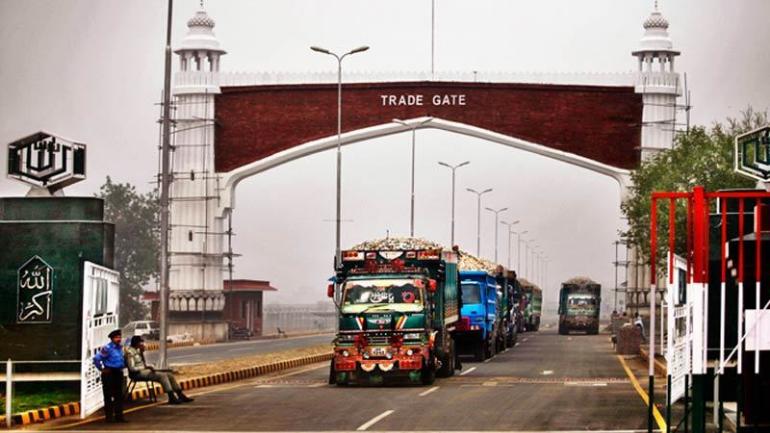What exactly is the Most Favoured Nation (MFN) status?
After the Pulwama attack, the most tragedic massacre in Indian history, there are certain steps which had been initiated by India upon Pakistan. Certainly, its too late and this would have been done very earlier. But here a well-known proverb prevails "der aaye durust aaye".
We all know very well that about the Pulwama attack by Pakistan-based terror outfit Jaish-e-Mohammad led by the most wanted terrorist, Maulana Masood Azar. Thereafter, India has hit back at Pakistan by withdrawing the 'most-favoured nation' status to Pakistan. Since last 10 years, the Indo-Pak relations have seen its rock surface. Now that the situations are at worst, India has been left with no choice other than hitting back harder. Soon after the attack, within 24hrs, India withdrew the MFN status accorded to Pakistan.
Most Favoured Nations:
Member countries of General Agreement on Tariffs and Trade of the World Trade Organisation have to treat each other as favoured trading partners in terms of imposing customs duties on goods. This status was granted by India to Pakistan in the year 1966. Along with Pakistan, India had given MFN status to many other countries such as the US, Bangladesh, Sri Lanka, SAARC countries, Maldives, Nepal, the EU, etc,. But Pakistan had never granted the same in return
Fact check
If any country grants MFN to other country say 'x' with certain advantages, then it must provide the same advantage to other MFN's which it had given to the country x. Similarly, in this context, India used to trade with Pakistan applying the same low tariff which it had provided to other friendly nations. Therefore, whenever Pakistan used to export its goods to India, the tariffs on those goods was very low. But if India has to export anything to Pakistan, it used to bear huge tariffs since Pakistan didn't grant the MFN to India.
Since a long time, many Indian experts have been advising the FInance ministry to withdraw the status. But India has a well-known reputation for not being aggressive. This shows the patience level of the Indian bureaucrats. After 1966, there have been many such instances with Pakistan such as Kargil, 1971 war, the Mumbai terror attacks, to name a few when India was silent. But finally, India now gave them a huge camelback. Reportedly, as per the experts, this withdrawal may not affect the Pakistani economy much due to certain reasons.
INDO-PAK trade:
There can be a big drop down in the trade of the two nations amid the economic crisis of Pakistan. Presently, the trade between the two nations is worth US$2.6 billion wherein the main commodities include cement, sugar, fruits, mineral oils, etc., but after this withdrawal, there's a possibility that this figure shrinks down to US$1.5 billion. Besides, when we compare the trade with other nations such as Bangladesh which was once a part of Pakistan and presently progressing 3 times better than India, the total trade between these two countries is of worth US$7.5 billion
On What grounds, the MFN can be withdrawn?
India had made an exception for withdrawing the MFN by using security expulsion clause under article 21b (iii) in the GATT.
Here the WTO is the one which will have to bear the loss. The WTO has already faced criticism from the US in UC-China Trade war. Also, Trump had directed to pull out US from WTO. Now that this has happened, there are many more steps which the Indian government is about to take to isolate Pakistan. Let us hope that this resolves the way back long dispute between the two countries.
JAI HIND!!!






 Order Now on Amazon
Order Now on Amazon
